|
Corey McCullough is the author of several books including, The Fallen Teratology, A Knife in the Dark, and most recently, Rust on the Allegheny. I met Corey at 3 Rivers Con in Pittsburgh by chance, where I picked up my copy of A Knife in the Dark. I'm incredibly excited to share this interview--thank you, Corey! -Maureen
Of the cons, festivals, and events you've attended and read at, do you have any memorable moments that impacted you as an author? One of the coolest ones was getting involved in a book festival hosted by the local library in my hometown. It was the first of what they hope to make an annual event, and I was asked to take the stage and speak about reading and writing. Talk about stepping outside your comfort zone! I had never done ANYTHING like that before. Fortunately, it was an outdoor event on a sunny day, so I just kept my sunglasses on so no one could tell I was too nervous to make eye contact with the crowd. On your site, you have three WIPs going. As an author, is this your preferred style of working? How do you balance multiple projects? My ideal situation is to be in the writing phase of one project while in the editorial phase of another. I like being able to shift gears like that, and it helps me be more productive. But I also work as a freelance ghostwriter and copy editor, so at any given time, I’ve got multiple client projects going too (usually all in multiple phases of production), so you have to be flexible. And as much as I try to carve out daily time for personal projects, they sometimes have to take a backseat to the “day job.” (The real world can be annoying sometimes.) Your impressive body of work spans multiple genres: The Fallen Teratology working in fantasy, A Knife in the Dark blending science-fiction with noir, and Rust on the Allegheny making a switch to historical fiction. What has your experience been with shifting genres? Was there any crossover in your style and approach to each form, or did you take on each differently? I think the one thing that’s consistent across all types of fiction is that characters are more important than plot. From a marketing standpoint, genre-jumping is not usually the best practice for writers. Generally, it’s better to stick to a single niche because readers of your work in one genre may not necessarily be fans of your work in another. Up until recently, I’ve been purely a sci-fi/fantasy author. But then I got this idea for a historical fiction novel spanning multiple generations of a single family and their (dysfunctional) relationship with their Rust Belt hometown. The idea wouldn’t go away. I couldn’t stop thinking about it. So I just went for it. I’m glad I did because Rust has been my best-received book so far.
How do you feel the advent of digital/self-publishing has affected literature?
I do think it’s a good thing… It’s not for everybody, obviously. But for writers who have an entrepreneurial spirit in addition to their creative side, independent publishing is kind of the best of both worlds. Plus, there’s a lot to be said for retaining creative control of your own work. (That said, I am glad self-publishing didn’t exist when I was younger, because my ambition probably would have gotten the better of me, and I would have self-published some truly cringey fiction way before I was ready… I guess the jury’s still out on whether I’m not just doing the same thing as an adult. But, hey, what are you gonna do?) At times, writing can be a solitary endeavor for many folks. How important is community to you? I try to be intentional about maintaining relationships. You have to be. As cool as it might sound to be some reclusive novelist churning out stories, humans are social animals, and if you don’t cultivate that part of yourself, you’re more prone to depression and a whole host of other problems. We’re starting to see this on a mass scale with remote work becoming more common. Without the everyday social interactions that come built-in with conventional employment, everyone is at a higher risk of losing that sense of community. If you’re not careful, you can isolate yourself without meaning to. When you're not writing, what are you up to? Spending time with my wife and my three kids. I have two daughters and a son, and being their dad is my favorite thing I’ve ever done. I’m blessed to be able to spend so much time with them. Being a parent is the best thing in the world, and don’t let anyone tell you otherwise. Is there anything else you'd like readers to know? If you’ve read this far, tell me about it on Instagram or Facebook, and I’ll send you the first book of my fantasy series for free. Check out Corey's site or pick up one of his books here. Follow him on Facebook, Instagram, and Patreon. If you're in need of a ghostwriter or copy editor, he's got you covered! Photo credit to the author.
0 Comments
Michelle Leigh Miller is the author The Evelyn Series and 2021 release The Cottage in Maple Hill. We at Long Shot Books are inspired by her love of words and dedication to her craft. Needless to say we're excited about this interview! Congrats on releasing your latest book The Cottage in Maple Hill! How have things been going? Thank you! Pretty well. I’m still getting the hang of marketing and still building my platform, but I’ve been pleased with it, so far. In your author bio you mention your novel Finding Evelyn had been gathering dust on a flash drive until you published it on Amazon in 2016. Could you describe your experience of how you came across your novel? I can’t remember when I started writing Finding Evelyn. I’ll think I know, but then I’ll have an earlier memory of working out some part of the novel, so it’s been around in some form since my late 20s, if not earlier. I would work on it in the evenings, here and there, typically after the kids went to bed. It was just something for me to do. When I finished the first draft, I decided it was horrible and literally burned the printed manuscript and deleted it from my computer. But a bad experience with forgetting to save a 10-page paper had apparently made me ridiculous with back-ups. One day, while cleaning off an old flash drive, I found a back-up of Finding Evelyn, titled Battered Not Broken at the time. I started reading and realized it wasn’t as bad as I had thought, and I began editing it again. Then I let two good friends read it, who kept pushing me to pursue publishing it. I think I sent out a couple of query letters, but one weekend I stumbled across Amazon KDP. I had no idea the ability to publish directly through Amazon existed, nor was I an e-book reader. That was on a Wednesday. I published the e-book on Friday, I believe. Just to do it. Just so I could see how it works. Just for fun. And put it out to my friends on my personal Facebook. And the journey began. Could you tell us more about your journey as you found your way to writing romantic comedy, sweet romance, and women's fiction? Once I decided to actually pursue this, it took me some time to figure out where Finding Evelyn belonged, in terms of genre. I didn’t know the genre of Women’s Fiction existed, nor did I understand what it meant. Thanks to several author groups, I was able to finally place it in the correct genre. The Cottage in Maple Hill started in my head as a sweet romance, but by the time I finished it also fell into the Women’s Fiction genre. So, for now, all of my published books are in that genre. But I love sweet romance and romantic comedy. I have plans to write in those genres in the future. Maybe? I’m a pantser, so I never really know when I start writing where the story is going to end. I’m still figuring this part of the journey out.
Has your career as a journalist influenced your fiction? Your writing process?
I thought it would. When I first started, I had all these ideas about how my past experience would help me with this experience. In the end, it didn’t. As a matter-of-fact, it slowed me down. I basically had to reteach myself how to write creatively. I had to break old habits and form new, which I found is so much harder than forming new habits from nothing. Hyper-focus on meeting deadlines is helpful, which was formed as a journalist. (When I set those deadlines.) And when I do sit down to write, I typically write fast, which is also a skill that was honed as a journalist. I did have to break myself of going down the research rabbit hole, especially with things that have no right or wrong answer. It’s one thing to research a specific person or specific situation. I had to learn there sometimes is no “right” answer, just a believable answer. In the end, they are two completely different mediums that require different writing styles. Something I didn’t realize until I did both. Are there any authors who inspire you? In the indie world – Caroline Noe, Julia Blake, and Melanie A. Smith. All three are inspiring in different ways. What's the best compliment you've received as an author? “I couldn’t put it down.” By far, that is the coolest compliment. I know how busy life is and for someone to say they put other things to the side to finish your book, that’s huge. Is there anything else you'd like readers to know? You are appreciated. Without readers who enjoyed my books, I wouldn’t have a reason to keep going on this journey. Check out more about her books, blog, and bio here! Follow Michelle on Facebook and Instagram. Buy The Evelyn Series and The Cottage in Maple Hill here. Photo credit to the author. We at Long Shot Books are thrilled to share this interview with multi-talented wordsmith, Max Orkis. It was a pleasure and a great opportunity to delve a little deeper into this writing, which is always enjoyable. Check the interview out and be sure to click the links below to find him across the world wide web! 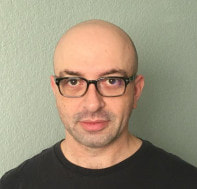 How has teaching affected you as a writer? Teaching got me closer to writing for a living. I’ve always wanted to be a writer. I scribbled as a kid and kept soiling paper, as the Russian expression goes, well into my 20s — mostly because it came to me naturally as opposed to by virtue of conscious choice or work ethic, which I didn’t develop until I was in my 30s. Before I became a teacher, I was pretty directionless. In college, I initially majored in Journalism but soon got bored of it because I found it limiting in terms of content and form. Translation: I was lazy and arrogant (cause and effect). I then took a whole bunch of Creative Writing, French, and History, and subsequently, double-majored in French Language and Lit and Int’l Relations, of all things. I still don’t know what the fuck I was thinking career-wise. I was just kind of drifting along, partying, happy to be learning interesting stuff, to get to live in Paris for a year, and unconcerned about future employment. It was the 90s, and getting a stupid office job was easy (I got fired a lot, too). I don’t think the possibility of doing what I liked for work ever occurred to me. I graduated right after 9/11, and the only gig I could land was at a hotel. Long story short, I went to grad school because I didn’t have anything more worthwhile to do with my life. The path of least resistance was Int’l Relations. When I finished grad school, I was in my late 20s and about to start a family, which meant I couldn’t avoid adulting any longer. But I got into a PhD program anyway, on a topic combining PoliSci and Russian literature, and immediately quit. There was little money in that, and I couldn’t bear the thought of having to do PoliSci for another four years and thereafter. On a hunch, I went back to school. I figured I would have ended up teaching after my dissertation anyway, so I might as well pick the subject matter I actually loved — language. That turned out to be my eureka moment and teaching English — a revelation. I enjoyed the process and the material. I essentially got to hang out and talk about language all day, so I kept doing it for the better part of my 30s. At last, mentally, I was where I was supposed to be. I didn’t have to force myself to schlep to the office to watch the clock. Suddenly, there weren’t enough hours in a day. Meanwhile, my writing was taking shape, and working directly with language as a teacher helped shape it. For me, reading and writing have always been, to a large extent, about language. I realized I could live and write deliberately, like I mean it, in a rigorous, systematic, disciplined way. For most of my 30s, I lived in Zurich (by way of grad school in Amsterdam), where I was super lucky to join a wonderful crit group and learn from immensely talented writers, most of whom were more experienced than me. That’s also where my switch from Russian to English took place. I’d been in Russian poetry mode for a while, and my first mentors, who believed in me as a writer, are Russian speakers. Teaching inspired me to write in English more. I think I’d found myself as a writer through teaching English, and by the time I came back to California, I had stuff published, which helped me get my first writing gig. Can we get a brief synopsis of your screenplay about COVID? I’m not sure it’s appropriate for me to pitch my movie script in public because I’m starting to submit it and would like to avoid spoilers, but I can give you a taste. “Shelter in Place” is an irreverent feature-length comedy about a family's struggles and triumphs in the time of COVID. Logline: When Alex closes his hair salon due to COVID, he takes extreme measures to avoid bankruptcy. The situation isn't helping his wife's 10-year itch or their daughter's growing pains, and all three must make sacrifices to survive lockdown as a family. It’s a work in progress (i.e. I suck donkey balls at writing loglines). Just because I’m serious about writing and people pay me to do it doesn’t mean I’m any good at it. There. Glad we got that out of the way. You've worked with writing and narrative design for video games. What's the difference, if there is one, in writing for mobile gaming as opposed to the printed word? I love writing for games. I get to work with story and character and write dialogue, puns, jokes. World-building is fun. It all feeds into my own writing. In any case, it’s great practice. For example, just recently, I got paid to pitch a narrative to a pretty prominent studio. Most important, literally millions of players read and maybe even enjoy my work. At the same time, I don’t want to be typecast as a game writer, which is why I sometimes seek out gigs in other spaces, just to shake things up. Versatility can and often does translate into employability. I guess the main difference between writing for games (or any other industry) and working on my own stories and poems is — in one scenario, you’re a writer, while in the other, you’re an author. As a writer, you come up with the content the project requires, and ideally, your words help your employer make money. As an author, you have the freedom to write whatever you want, but there’s very little money in it for you, at least most of the time. It’s a labor of love, and the main challenge is to have the discipline to keep at it on top of everything else going on in your life. Then there’s the day-to-day. Just like in other jobs, when you’re writing professionally, there are deadlines. The gaming industry is notorious for being particularly brutal. Content is live 24/7 and needs constant tending to, while the pace can be neck-breaking. A couple of employers ago, I ended up burning out — that’s why I’ve been working as a writer in the food space at my main job and taking part-time game projects on the side. Both gigs are fun, and it’s easier to make time for my own writing this way. As an author, though, I don’t have release schedules or editorial calendars, probably because I’m not yet at a level where money’s at stake. As soon as pay comes into play, so does a certain amount of stress. Collaboration is a big part of writing for games. I’ve been lucky enough to meet and learn from talented writers (I’m generally very much an interpersonal learner, to use teacher-speak). Being an author can, conversely, be pretty lonely business. Again, I’m fortunate to have writer friends (some of whom I met through game jobs) I can turn to for feedback and often get it. At work, though, review and critique are often built into the production pipeline (analyzing live data can also give you an idea of how your writing is performing), which isn’t the only advantage of writing professionally. Besides other writers and editors, I get to kick it with designers, artists, engineers, translators, and other kinds of cool, creative colleagues. I’m also proud to say I’ve discovered and hired talent, but I’ve had to reject and even fire people, too, which I didn’t enjoy. Sometimes, especially in entertainment, there are also too many egos, too many cooks, not to mention micromanagement and politics. As an author, I don’t have to worry about any of that. Then, of course, there’s technical stuff. Whereas as an author you can write, say, the next great American novel, in games, more often than not, you’re going to find yourself working with genre (can there be a genre, cartoony great American novel?). If you’re a poet or an author of literary prose, your audience consists of other writers. When you’re writing games, the demographic you target is going to be even more specific, and most of these people aren’t going to be avid readers. Furthermore, short stories, mobile games and, say, poems all represent disparate formats, and each breaks down into subcategories. Depending on what kind of game and its parts we’re talking about, there are your basic specs, which can include anything from line, word, and character counts to IP-specific characterization to structure, to name just a few considerations. Another major distinction between print media and games is the necessity to integrate narrative and gameplay, and ultimately, monetization. On top of the actual story (some games don’t have any), writers have to come up with a whole bunch of other content, in-game text, and collateral. For example, there are all manner of blurbs, item descriptions for in-app purchases, push notifications, microcopy like nomenclature and UI buttons, ads and other kinds of marketing copy, not to mention tutorials, social media posts, wiki entries, blogs, voice and style manuals, outlines, “how to” sections, and other ditties. Plus, let’s not forget the more mundane aspects of working in a game studio like the software you use or the fairly complex production process, its various facets, and where your role fits in. Finally, once you’ve published a piece of flash fiction, for instance, in a print journal, you can’t update it with the next build the way you do a live game. As the Russian saying goes, what’s printed in paperbacks can’t be chopped away with an axe (my translation). Your nonfiction piece, "In Passing," (Link below.) uses words to give the reader a sense of commotion and movement. Would you say your prose benefits from skills you've developed as a poet? Yes, definitely — in fact, peers have called this and some other pieces of mine prose poetry. As you probably know by now, I’m all about language. Nobokov and James Joyce are among my favorite writers. To me, language, including the written word, especially the kind with a heartbeat, like a literary text, is, to a large extent, about rhythmic breath. It’s impossible to speak or to live without breathing. By transitive property, words (thoughts — cogito ergo sum) are life, kind of like in the biblical metaphor: God is the word, and God is everything, so words are everything, or maybe everything is made of words. I think I’ve just confused myself, but again, words are life. Back in the day, priests would read scripture out loud to their flock because, in different eras and places, people were mostly illiterate. Hence “read,” which comes from a Saxon word, whose one meaning is fossilized in the German “reden,” “to talk.” Poetry, of course, also used to be a form of performance art. “The Iliad” and “The Odyssey” begin with the word “sing,” an activity impossible without rhythmic breathing. Homer is said to have lived during the dark ages when writing had been lost. Hence the spoken word tradition in poetry. That’s also why epic poetry was performed during festivals. So, again, poetry is song, which, like prayer, is breath, which is life, and I suppose the point of this whole spiel is I’m all about language because it’s a way (the way?) to lend a piece of prose breath and a heartbeat. All of this is to say I’m not sure the word “skill” applies to poetry. At least not exactly the way it does to prose. In other words, to me, skill is more about having the type of philosophical ideas I’ve been rambling on about inform my writing so as to make it bold and every word deliberate. Do you have a favorite medium to work in? If by “medium” you mean prose, poems, screenwriting, etc., I don’t think I have a favorite. I like to mix it up. Poems kind of come to me on their own. I don’t really control it, nor do I think I should. Flash fiction or short stories are more like projects. Flash fiction is sort of in between poems and short stories. For the latter, I’ll write multiple drafts based on peer feedback. Sometimes, I’ll keep a piece of prose or a poem in the drawer for years, then dust it off and revise if I feel I’m ready for it. Screenplays are longer projects. You have to research, outline, and keep showing up for work, whether you feel like it or not (I’m more of an outliner as opposed to a pantser). I’ve been on a screenwriting kick again lately. I’m also working on a picture book at the moment, and I started writing a novel I’d been sitting on for years, then paused — mainly because I wanted to write a screenplay, which I did, and because I’m not sure whether the novel is actually a TV mini-series. That’s what’s in the back of my head right now, among other writerly shit. Often, I’ll finish part of one project, send it off for crit, then, while I’m waiting for feedback, switch over to another project — and so on. What was the impetus to frame "A Sunset in the Sunset" (link below) around the Pink Floyd song, "Shine On You Crazy Diamond"? Well, the song is essentially a tribute to Syd Barrett, who had to leave the band because his drug use had been affecting his mental health and ability to perform as a musician. One can interpret what takes place in my story as a hallucination, possibly induced by substance abuse and/or insanity. I certainly intended for the piece to have a sort of dream-like quality to it. Also, the sun and the many themes it associates with is a leitmotif in the story, and it’s easy, I think, to make the connection between that and the lyrics in the song. I mean, the sun is Pink Floyd’s simile for Syd Barrett. Of course, I feel it works structurally by way of counterpoint (I hope I’m using the term correctly) — I wove in phrases from the song throughout the piece, which kind of develops at the same pace as the music, and those lines interplay with their immediate contexts in the story. I also meant to give the prose more texture by adding another sensory experience — a soundtrack (I’m not sure I used the elusive “texture” correctly). In other words, there was a lot of weaving involved. “Text” and “textile” are related, so writing naturally has to do with fabric and weaving. Some of your poems are published in both English and Russian. Do you have a preferred language to write them in or for them to be read in? That’s not actually the case. One of my stories, “Disappearing Acts,” (Link below.) initially came out in Russian — in Russia. Afterwards, I translated it into English, and my fabulous friend Jill Marsh published it as a podcast (spoken word tradition) in her British writerly ezine Words with JAM (the story has never been published in North America, so those rights are still up for grabs — if anyone wants to snap it up for their mag, wink-wink). As for my poems, I used to read a lot in Russian, so they would come to me in that language during that period. For the past fifteen years, I’ve been working mostly in English, so I’ve been writing my own shit in that language. Of course, Russian poetry has influenced my English poems, particularly style-wise. Portfolio:
https://maxorkis.wordpress.com/ "In Passing": https://drive.google.com/file/d/1anvWpo6KmkfdQJT1hRPylOGhrqjtcWoM/view "A Sunset in the Sunset": https://drive.google.com/file/d/0B1PmcXcWIHR9ZDRkUDU3M3ZTMmFkbnhBNHptNXU0RlVfUkhv/view "Disappearing Acts": https://www.podomatic.com/podcasts/wordswithjam/episodes/2013-06-18T07_37_49-07_00 Read "A Cryptic Triptych" in Atomic Flyswatter Vol. 1: https://www.amazon.com/Atomic-Flyswatter-Long-Shot-Books/dp/B08P3QTG8K/ref=sr_1_1?dchild=1&keywords=atomic+flyswatter+vol+1+long+shot+books&qid=1610396010&s=books&sr=1-1 Thanks again to Max for the awesome interview and thank you for reading!
In an interview with Linda Nightingale you mentioned you’re satisfied with the final result of Embers Drift, more so than past works. What are you most proud of in this book?
Probably that I was able to work on a complex concept and difficult ideas and present them in a way that (I’ve been told) explains just enough without drifting off into nebulous philosophy at the expense of the story. So I was somehow able to give it a straightforward structure and work with a limited cast of characters. As some of your readers will know, the Aona books are more richly complex- which is fine as they were meant to be, but I knew early on that Embers Drift had to have a simpler structure even though it stirs up all manner of ideas and concepts. On a conceptual level, how do you use narrative tools to communicate the ideas you work with in this book? To what extent do you prefer the reader to fill in the gaps? I like to present scenes and dialogue and rather than continue them exhaustively, bring them to a conclusion with some things unsaid, some deeds undone- which kind of answers the second question. I’m the sort of reader who likes to fill in the gaps where needed, and I guess I’m the sort of writer who assumes a certain level of intelligence in his readers. I don’t believe in spoon-feeding my readers absolutely everything- far from it. For me it’s about the characters and the scenes, and if you can make them evocative enough then you certainly don’t need to relate every little thing. In this way I feel it also makes the journey unique for each reader. After working on the Aona series and having experience writing standalones do you have a preference in writing one over the other? They both have advantages and disadvantages. A standalone book can be easier to market than a Book 1 (not that I’m an expert in marketing- far from it). But writing a Book 1, though often difficult and convoluted, can sometimes result in an easier run when one comes to the following books in the series. For example, I’m about 100,000 words into a new series I’m writing, and I’m sure at least a third of those will end up in the second book. Quite apart from that, you become more familiar with the characters and they become easier to write- I guess I slip into their skin much more easily as I get to know them. They begin as ghosts; they end as fully fledged people. From your first book, Summer’s Dark Waters (published in 2014), and this year’s release, how have you grown as a writer? Well, my first was Oblivion’s Forge (2011) but that aside, I guess the main change is that I’ve honed my author’s “voice” – in other words I now know the style that fits me best, I know how to write with it and it feels “just right.” It’s difficult to explain but I think every writer has to find their best style and way of expressing their work, andhone it as best they can. In other words, don’t try to be something you’re not. Is there anything else you’d like readers to know? I guess this would be a good point for mentioning my works in progress. I’m part of the way through writing the first in a new dark fantasy series which will probably seen as more “traditional” fantasy but which will have a number of unique features to it. It explores the nature of magic and of conflict and there isn’t going to be a clear-cut “good vs evil” thing going on- I’m not a fan of such absolutes, I want to explore characters’ motivations, whether or not most people think of them as acceptable. What made them this way? Are they able to change- either for the better, or worse? It’s that aspect that interests me. I also have another standalone book in progress- this is more a sort of cosmic horror about three demonic beings who have existed in a vast city for hundreds of years, weaving mischief and woe wherever they go, and a young man from an ancient family of magicians and thieves, who is the only one to suspect their existence. Lastly, I’m also working on a somewhat leftfield YA magical realism novella- I’m not entirely certain how this one will turn out but I’m pleased with some of the concepts involved so this may see the light of day shortly. Embers Drift on Amazon US: https://www.amazon.com/dp/B088WF28QN/ Embers Drift on Amazon UK: https://www.amazon.co.uk/dp/B088WF28QN/ Author’s website: https://www.simonwilliamsauthor.com Facebook: https://www.facebook.com/simonwilliamsauthor/ Twitter: https://twitter.com/SWilliamsAuthor Photo credit to the author. Geoffrey Gordon is a mixed media painter focused on the styles of Expressionism, Impressionism, and Abstraction. He uses these styles to “arrive at a place of open minds” where we can “commune and connect.” How did you learn your craft? How I learned my craft is a long and interesting story, but what I can say is I will always be learning. Throughout my experience with worldly dichotomies such as politics, economics, religion, and general processing of new and often contradicting information or feelings, I developed a visual expression to map these conversations out and represent different rebuttals and supports to each side. How I came to represent color as opportunity and possibility, compared to stark contrasting lines and complimentary colors as more representational, is always a work in progress, and to achieve balance and movement in my art. Traditionally, I taught under Joyce Werwie Perry and Claire Hardy of Pittsburgh. I had taken Drawing I in college and a few Art History courses for my classical training, but it wasn’t until I quite whimsically picked up and spent 80$ at an art supply store and watched hundreds of hours on youtube to hone my skills. Having a degree in psychology, it was fate that I ended up expressing the minutia of behavior in politics, religions, and norms in some fashion or another. I chose visual expression. In your work you emphasize finding middle ground and reaching “a point to converge and discuss” within a system of black and white thinking. How did you develop your artistic voice? Has it evolved since you started painting? My artistic voice began to be expressed after I learned how to make the marks I wanted to make. I suppose the need to achieve balance has always been there, but expressing such balance began when I had entertained different ways to create different effects. As part of my art, I believe it is important to investigate different possibilities to get the greater picture. I often leave “room for interpretation” when adding detail to a picture. For example an object could be seen as more than one thing, allowing the viewer to see things differently. Perspective is another tool I use in my work to again, promote seeing from different angles and viewpoints. What do you hope viewers take away from your art? I want viewers to take away with them firstly visual entertainment. My work is not to be glanced at, but can be studied and will show new possibilities as the subjects are discussed (if only in the mind or to another viewer). I hope the audience takes away from my art the ability to entertain a new perspective without feeling the need to accept it. As a mixed media artist, do you find yourself planning a project around the materials you have on hand/want to work in and/or technique you're currently interested in, or do you just go with the flow?
I plan very little with my paintings, but rarely materials. I have an arsenal of mixed media tools that I use for my work. The flow is very important during the painting of a picture and rough drafts are difficult and even rarer. Just as in life, you cannot erase things but you can go over them again to make it clearer or more accurate. There is often thinck paint and texture in my work to represent such tuning. Are you experimenting with any new techniques, materials, or concepts in your work right now? I am always experimenting with new techniques and concepts. “To be an artist is to be an explorer” – Henri Matisse Do you encounter any challenges in rendering your ideas on the canvas? If so, how do you overcome them? I find it challenging to wrap up a piece and call it finished. For me, my work is an echo of my experiences and responses to daily life. Finishing how I think or feel about something can be expressed but is never finished. Do you find yourself starting a project over? How do you know when you've reached that point? I do not start a project over. I do not erase nor do I throw away. I feel that life is a journey and being dissatisfied with your work and giving up is not an option. Correcting, amending and going over a piece of art is very common and speaks to my steadfast nature. Aside from art, do you have other passions? Do they ever influence your art and if so, how? I have many passions, but none are expressed so thoroughly as my visual art. My passion of philosophy and critical thinking are paramount and well captured in my drive to balance an image or dichotomy or debate. I have a love for cooking which also promotes balance and mixing of “ideas.” Is there anything else you'd like us to know? As a visual artist I strive to gather people in thinking differently and avoiding the all or nothing mentality. These dichotomies are so commonly pronounced in daily life that we have lost the ability to entertain another opinion without disliking them for it. I aim to offer a point to converge and discuss so that we can hear another perspective without feeling forced to support it. Whether it is knowing oneself or appreciating how others live, understanding is important to balance and fairness, and allowing for a better future. Check out Geoffrey’s website here. Follow him on Facebook, Instagram, Twitter. Photo credit: Geoffrey Gordon
You’ve mentioned in another interview that you’re working on a new book. How has this been going? It’s going slowly but surely, but I’m hoping to release it toward the end of 2020. It’s another contemporary romance with all the feels called Off the Wall. I’m really enjoying escaping into writing it as often as my busy life allows. I’m also working on another book along with that one, more in the genre of chick lit. It’s a lighthearted story of 3 friends and their crazy but true stories of dating. I’m very excited about both projects! Does your work and expertise as an architect influence your writing? I have been told my many people that it does! As an architect, I have a keen sense for details and vivid descriptions of settings in my writing. I find that I have a strong need to paint a picture of the places in the book, because for me as an author, a sense of place really sets the mood I’m trying to create for the scene. I’m definitely a very visual writer. As a creative spirit, how do you feed your creativity outside of writing? I’m always designing and creating something every day. Whether it be a house design I’m working on, graphic design for my social media advertisements for Behind the Glass, website design (I’ve designed both websites for my two businesses) or simply interior design in my own home. I love DIY projects and finding ways to repurpose things. Right now, I’m collecting wine corks for a project I’ve been thinking about for months. And I love wine, so cheers to that!
How did you come up with the title Behind the Glass? What does it convey to you? The title of the book had always been in my head from the beginning and was actually one of the main driving forces for me throughout the entire process of writing this book. I always knew that I wanted a bookstore café called Behind the Glass to be central to the story, but I also knew that the title had to be a metaphor for what the main character, Rebecca, was struggling with throughout the book as well. Coming out from “behind the glass,” from behind her protective emotional shell, was her main journey and ultimately what leads her to happiness and true love with Michael. Do you have any favorite romance characters or motifs? Friends as lovers, Cinderella-like tales, etc? Have they influenced your work? I’m a huge Nicholas Sparks fan and I’ve always enjoyed reading relatable stories, things that we all struggle with in the romantic realm. I do enjoy escaping into stories that are truly fantasy and sometimes pure silliness too, but the stories that stick with me tend to be those that I can relate to on a personal level. I also love stories that torture the audience a bit. I love keeping the characters from being together and building up that need for an HEA at the end. I find it so much more satisfying as a reader and as a writer. The struggle has to be worth it. Writing can be such a solitary endeavor. How important is community to you? Has it helped you on your journey? I have to say, this has been probably the single biggest surprise to me as a writer! When I wrote Behind the Glass, I was completely solitary, telling no one about my writing, sharing nothing with anyone, other than my editor. I didn’t have a writing community to lean on, simply because writing was my “hobby” and it never really occurred to me to find other writers. In the past year, I’ve met the most amazing online community of writers via social media and I’m simply blown away by the support, kindness, comradery, collaboration and sense of family that I’ve found. It’s the most positive community I’ve ever been a part of, and I honestly lean on my “literary family” on a daily basis. They are wonderful people! Is there anything else you’d like readers to know?
For me, writing has always been something I enjoy doing. I’ve been drawn to it for as long as I can remember. When I sat down to write Behind the Glass, I did it for me. I set out to write the book that I wanted to read, and I honestly didn’t think beyond that. I figured, if someone else likes my book, wonderful, if not, I was still fulfilled simply by writing it and accomplishing that personal goal. But I’ll admit…. hearing someone tell me how they connected with my book, or how it helped them in their life somehow, or that my book is now their favorite book….. it blows me away. It’s something I never expected and the feeling it gives me is indescribable. It has made this “hobby” of mine into a serious second career and something I never want to stop doing. So, thank you to each and every reader who has taken the time to read and review my book, it means more to me than anything! Pick up your copy of Behind the Glass here. Follow Kristen on Facebook, Twitter, and Instagram. Check out her website while you're at it! Taylor Pannell is an artist, designer, storyteller, and baker. She is the author of several collections including My Bible, Notes to Self, and The Traveller. Paired with her own vivid art, her writing captivates the imagination, revives your sense of wonder, and dares to ask out loud the questions on everybody's mind. Philosophically, how differently is your approach to visual art from your poetry? When I'm drawing for myself, it's actually quite similar; I think of an image or memory, then abstract it with symbolism. But if I am drawing for a specific prompt, or want a certain story to come across, I have to approach my visual art with the goal of clarity, and finding fun loopholes where people still can understand my image. When writing poetry, I rarely aim specifically to be understood. It's more emotionally than intellectually driven. Will you ever interpret the New Testament through your writings and drawings? Yes, in fact it was a project that I originally planned to finish last summer, but things got in the way. I'll return to it after I finish a project I'm undertaking currently. What would be the most memorable meal to you? If I could have attended The Last Supper probably. What is your favorite Joanna Newsom song? Either Emily or Cosmia. Once I had Emily stuck in my head for a week or so, though it is a very complex and long song. You write, do design work, apparel, drawings. Is there any medium you would like to work with but have yet to? Right now I'm really in love with music, and have been playing ukulele for a year now; I'm trying to write a little assortment of songs to record. But, I am also trying to focus on my current media, as I am desiring a more specific profession. How did you develop your drawing style? Has it changed since you started? When I was younger, I read and reread this book on drawing and the author had a very quirky, simple style, and I think that influenced me a lot. While at RISD I definitely loosened up a bit. I've also realized I've become increasingly interested in pattern, which I've always been attracted to, but doing textile work definitely encouraged that. Also, my interest in graphic symbolism has increased, since doing more design work. How do you begin a poem? With an idea, image, or rhythm? I'd say idea and image most often. Typically, it stems from an emotion associated with a visual memory, and then includes any sort of imagery / sensations that were there or I feel resemble that emotion. Sometimes, it's more so words that I find myself repeating, like in a rhythm. As an artist, how do you determine which medium you would like to work in for a particular piece? How does this choice help execute your ideas for the piece?
With probably too much testing. I enjoy trying out different media until I find one that I think suits it best, and sometimes along the way the idea adjusts or becomes more developed, but often I have my plan solidified beforehand. Outside of art and poetry, how do you fuel your imagination? I read fiction; lately I'm in love with Murakami and J.D. Salinger. I obsess over music: Mitski and Car Seat Headrest are constantly on my playlists right now. Or I go on walks around my neighborhood. Is there anything else you'd like readers to know? Exploring your interests is fun and necessary, but it is not wrong to decide upon a specific profession. You don't have to be a Da Vinci; I think this is an idea that can be harbored at art school, and that I've come to realize is an unhelpful misconception. Find Taylor's work here and follow her on Instagram. Check out her Atomic Flyswatter Online poems. Stop by her blog. Photo Credit: Taylor Pannell
The first book, practically completed, is composed of traditional narrative alternating with news clippings, letters, and diaries and—my favorite epistolary gimmick—the exhibit signs in the Beacon Light Museum which shamelessly present bogus facts about everything on display. You could also describe the book as a hybridization of a travelogue or tour guide and a cheesy exposé. As always in my writing, caustic humor abounds. Every dire situation has an unexpected, often hilarious, outcome—there’s no shortage of over-the-top “comeuppance” on offer. And while I have some doubts about the effectiveness or plausibility of certain sections here and there, I’m unequivocally enthralled with the concluding chapter, which, I predict will come as a very pleasant surprise to the reader who remains on the bus for the entire tour. The second book, Beacon City Concordia, will concern itself with the many love affairs amongst the various residents—including the springtime liaisons and matings of animals in the Beacon Zoo. It will also delve into the attempts made by municipal authorities to coordinate the lighthouse beam with a laser on the Concord Space Station as a publicity stunt. Everyone’s favorite character, the Devil, will make a guest appearance. The final part of the triptych, Beacon City Centennial, is about the 2020 World’s Fair in Beacon City, coinciding with its 100th Year Centennial celebration, advertised as Beacon 20/20 Vision. In that final volume, I am going to attempt something very daunting: my intention is to script a resolution for every situation, every character—human and otherwise—and every object mentioned previously. No stone will be unturned, and every narrative thread will be undangled. The reader will finally find out what happened to the unopened fortune cookie that Provost Blank, star reporter for The Beacon City Beam, dropped from the top of the PharosWheel in Confidential. Readers praise Sayville Tales for its attention to detail, wit, seamless transitions from one story to the next, among other things. What has been your experience developing your style? Any advice for writers still finding their voice? My advice might not work for everyone, because I write what I dream about. I think that makes me a nocturnal panster cannibalizing my own dreams for material, someone who should be banned from giving advice because they haven’t a clue during daylight hours. I’d have to think about what it means to have a voice. Perhaps it’s one that you hear, rather than speak with, and by that I mean—this is a bit convoluted—maybe you’ve found your own voice when your writing speaks back to you. If it sings, that’s even better. In the world of practicalities, I believe the best method for finding your true voice is through the crafting of short stories. Never mind that Shirley Jackson wrote The Lottery in two hours at her kitchen table—writing short stories is very difficult, much harder than the public realizes. It’s said by some writers that a great short story is harder to write than a good novel. I won’t weigh in, because to me it’s bananas and apples, but it’s something to be taken into account when embarking on a project and you don’t know what direction to go in. After you’ve written a dozen different types of shorties, you will have a good idea of what works for your readers and what feels like a satisfying accomplishment to you. That last part is the most important because if what you’re doing is marvelous only in the eyes of others, you will not enjoy a lifetime of authorship. It will be no different than a job with a horrible boss. Most unfulfilling and not what fortune put you here for. Try to find your voice in the middle of this muddle, something that pleases some of the audience and all of you. My blog is featuring a series of articles about the ins-and-outs of the shortie universe. You might look there over the next few months and see if you find something helpful. And the blog enables you to ask me questions, which I welcome. 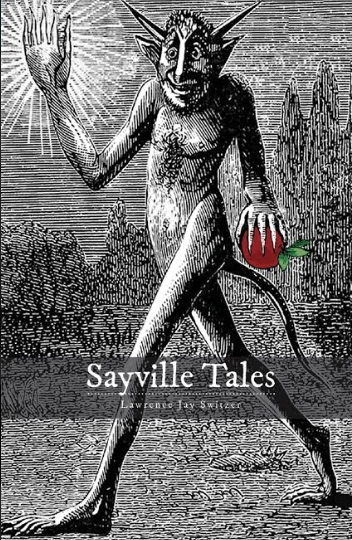 Audiences also comment that Sayville Tales features a brilliant personification of the Devil. Were there any must-have qualities you had in mind when creating his character in your book? Like The Canterbury Tales (which Sayville Tales takes as its point of departure), Sayville Tales is about travelers who agree to pass the time telling stories—let’s say “just for the Hell of it.” The Devil is not a participant in Chaucer’s version, but in mine, he poses as a Professor of Folklore and prods the other passengers into joining his game of tale-trading. It’s an elaborate scheme to steal their souls, which are exposed and made vulnerable by self-revelation—think of a high-stakes poker game played with tarot cards, every card holding the secrets of one’s past and future. In this context, while he can’t stand out too much, he isn’t able to get a complete grip on his percolating braggadocio. Nor can he keep his cynical remarks fully in check. The key issue was—in answer to the question more directly—a certain degree of subtlety had to be observed by the Devil and by me. I may have taken the subtlety a bit too far—I know of a few readers who had no idea the Professor was the Devil de-horned! And, here, to amuse you, I will state for the first time publicly that my original plan was to have a twist at the end of the book that revealed that the Professor was just a loudmouth, and the real Devil was the Conductor. In an alternative universe, I guess that was a spoiler. The “Professor” tells two stories in Sayville Tales. Here comes another confession—I admit that the first story he tells, while perhaps being the best in the book, is a complete blunder on my part (pace, dear readers) because the Devil would never, never, never tell that story—there’s just too much tenderness on display. His second tale, however, hits the nail squarely. It’s very clearly the Devil being the Devil in the second tale. So, yes, he’s hiding in plain sight, and he has his agenda, and he says some hilarious things, but even at the end of the book—his entire soul-sucking plan up-ended into a complete fiasco—he still doesn’t tip his hat and show his horns to the others. Are there any versions of the Devil in fiction you think were exceptionally done? Not so much? Any version of the Devil endorsed by organized religion is on my banned list, although I’ll confess that I do love the paintings of Bosch—I qualify that by saying that what I actually love about Bosch is the unrestrained mayhem he unleashes with his paintbrush. Religion-generated Devils are strictly for the Gong Show and Saturday Night Live. That variety of Devil has gotten exceeding tiresome after hundreds of years—it’s like seeing the same horror movie over and over again and pretending to be scared. I gravitate to the French-style Mephistopheles, like the one in Gounod’s Faust. Dapper, likes the ladies, knows how to charm and flirt, can convince people down is up. Who’s more interesting to most writers and more entertaining to most readers? The serpent in the Garden of Eden or Keyser Söze? Did any of the situations in Sayville Tales actually occur in real life? Oh, yes! The first one that comes to mind is the story about the twins because it was a jawdropping, once-in-a-lifetime, can-this-really-be-happening? occurrence. Twin sisters run a talent agency for identical twins. One gets married and 95 percent of the guests at the wedding are their clients—identical twins. Mayhem on an epic scale ensues. Another is the story about the Kennedy assassination. Yes, Kennedy was assassinated. Yes, despite what some fools say, there was someone who fired a gun behind the fence on the Grassy Knoll. Yes, there was a completely disgraceful Warren Commission Report, the greatest work of fiction America has produced since Moby Dick. But, no, Beaver Cleaver wasn’t there and he didn’t see what actually happened, and the commissioners did not give him a baseball mitt signed by Yogi Berra to keep his mouth shut. Last is the story about the radio tower in Sayville. Kaiser Wilhelm did have an enormous radio transmitter erected in Sayville using Amerian labor. It was part of the largest communication network on the planet, the precursor of today’s internet. Espionage that occurred there, detailed in the story, directly led to the sinking of the Lusitania, and the outbreak of WWI. The story is real, most of the characters are real people, the news clippings are real. Only the dialog is invented. In your work, do you prefer to build up to an ironic or humorous moment or lay subtle hints of it throughout your prose—or somewhere in between?
Most of the humor comes from subtle manipulations of language; well-crafted verbiage can expose the ridiculous nature of an ongoing situation—the joke is the 800-pound gorilla in the sentence that only you can see. These situations come about organically and unpredictably, sometimes in the editing phase. On a really lucky day, your writer’s pick-ax can strike an unexpected vein of gold or unearth a precious diamond. Most of the time, wearing your editor’s hat, you’re standing in muck and rummaging through lumps of coal. It’s all in day’s work. Three things I’ve always been amused by in life that elbow their way into my writing are cluelessness, out-of-control behavior, and chain reactions. The second two require a certain amount of scaffolding to be fully effective. In particular, I love the completely outrageous conclusion to The Wife of Bathbaum’s Tale in Sayville Tales where a doting mother is forced by constant nagging into creating a snack out of… well, best not to give it away, but it’s not what you’re thinking. In Beacon City Confidential, there is a simple payback scheme that goes awry and becomes a runaway train of revenge with a gruesome and hilarious conclusion. That type of outcome has to be built up slowly and the moving parts need to be as meticulously laid out as they would be in a Rube Goldberg contraption. If not, you’ve got, at best, a comedy sketch. On the other hand, you can’t stir the stew too much without running the risk that it might end up tasting like a spoon. Follow Lawrence on Twitter and Instagram. Check out his website here. Photo credit: Lawrence Jay Switzer Matthew Duggan is a poet from Bristol UK, and composer of several collections including The Modern Orpheus, Avalon, Scenes From the Big Society, and Woodworm. His work has also been featured magazines such as The Dawntreader, Seventh Quarry, Chimera, Outlaw, Neon Highways, First Time, Cutting Teeth, Roundyhouse, and many others. His work is praised for its unique voice that evokes bold, vivid imagery while delivering the much-needed truths of contemporary society. He is also praised for giving great interviews. Like this one. Congrats on the release of your poetry collection Woodworm. How have things been going since then?Thank you, yes it's been going really well I must admit. I’ve been taking a little break from writing and reading at various invitations from my new collection, and the response has been epic so far, I’m really pleased how this year has panned out. I also found out that I was one of the winners of the Naji Naaman Literary Prize (Honours for Complete Works) with a new collection “Flesh & Bones” and will be attending the award ceremony early next year.
Maria Castro Dominguez praises Woodworm for “revealing a space of truth behind the frontispiece of lies we live in.” What do you find are critical components of authentic writing? In my writing I balance understanding of a poem to challenge the reader by using imagery that an eye can see and behold and I like to experiment with various forms and stay well away from strict and childish rhymes, though some of my work does rhyme and I prefer the cadence within a line to tackle the mind’s eye and unsettle the reader into another dimension. When writing poems, how do you balance challenging the reader's understanding with meeting their needs? I do think that sometimes a beautiful sound and sometimes the sheer decay within the human condition so the reader can decide on its own interpretation, which means they will read a poem again and again you don’t want to hear someone read and simply forget everything they’ve read. A poem shouldn’t be a puzzle, a poem should stimulate the imagination with the eye, and be memorable to the listener/reader. A poem becomes a painting with words that you’ll always remember, for me these are the critical components for authentic writing. How would you describe your performance style? What has the road to refining that style been like? I believe the reading of a poem should be different with each poem, the voice needs to deepen and engage an audience, but not in an actors voice and sometimes it should be quick and snappy and sometimes slow and direct, yet making sure the audience can hear every word and every image, eye contact is a must when reading to an audience, I’ve heard some poets who are brilliant at delivery and others that have made me cringe with embarrassment especially those that walk a treadmill of the same voice where every voice sounds the same and every delivery sounds exactly the same and when delivery is taught in a classroom it certainly will show, 9/10 I tend to switch off. Let me put it this way imagine you heard a new song by a new and upcoming pop/rock band and you loved one song, you would go and buy their latest C.D. and then you are horrified that every song sounds exactly the same, every lyric is similar, would you go and buy another C.D. from them? No… you wouldn’t would you, you might not listen to the one song you like, and then move on to the next new band. Poetry is not a commodity and we are certainly not pop stars, even though some might think they are. Is there anything you do before a performance that helps you get in the zone? It all depends on the event and the audience for me, I’ve been known to get in the zone by listening to music and breathing exercises, again, it depends on the poems I’m going to perform. I’ve listened to opera and jazz to calm my nerves and then again, I’ve listened to AC/DC and The Prodigy before events, that also helps me to be calm before I start my set. When you're working on a standalone piece or a project, do you show your work in progress to anyone? No, but then I do send poems out for consideration to journals so people can read samples from an upcoming new collection. I prefer not to plaster FB or TWITTER with poems only when they’ve been published in online journals as certain editors wouldn’t take them because they class them as being already published. Is there anything else you'd like readers to know? My second full collection Woodworm came out in July 2019 and the feedback and reviews so far has been fantastic. The new book has sixty new poems and a 3D cover (3D glasses come free with each order). The book is available through bookshops and amazon but I would prefer that people buy direct from me which they can via http://www.paypal.me/MattDuggan0 or via my website http://www.woodwormpoetrycollection.com where you can read reviews and find out more about the book and projects and collections. I have a few new projects that I’m working on, and have a new collection “The Kingdom” (Maytree Press) due out in April 2020 which will coincide with a third reading tour in Boston and New York. I’m also working on a third full collection and am in the middle of organizing a collaboration with another poet for a small collection of ten poems on the theme of TRUTH. Follow Matthew on Instagram, Facebook, and Twitter. Photo Credit: Matthew Duggan Janine Caroline is a contemporary romance and women's fiction writer with a background in film. She is the author of novel I Look at You and Smile released in 2018. She also gives great interviews, like the one below. 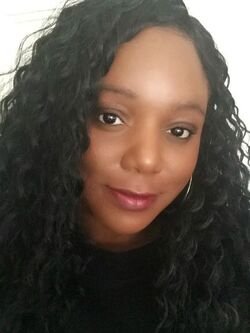 You've got your second novel Don't Forget Me in the works. Can you share any details with us? Yes, I’ve been working hard on this novel and I’m excited about publishing it next year. Don’t Forget Me is about two people drawn together by a tragic incident and their search for answers. It’s a raw, emotional story about love, hope and truth with themes of mental health, childhood abandonment and loss. The book blends together romance, mystery, suspense and psychological thriller, but it didn’t start out that way. This story pushes me as a writer, leads me where it wants to go and I’m enjoying the journey it’s taking me on. What got you into writing? Any advice to folks wanting to pursue the dream? At eight years old I won a school writing competition and remember thinking “Yeah, this making stuff up and writing it down is cool!” I was always writing short stories, poems and song lyrics after that, but it was more of a hobby. During my film and media degree I got into writing screenplays which sparked the desire to write a book. It took me quite a few years to pursue the dream but I’m so glad that I did. My advice for anyone who wants to pursue writing is to just go for it. As much as I love writing it takes hard work and discipline, and self-doubt can stop a lot of writers from finishing a book. Push through it, write for yourself and if it helps pretend no one is going to read it. This allows you to open yourself up, lose any inhibitions, listen to your characters and remain true to the story you’re writing. Readers applaud I Look at You and Smile for its suspense and emotional impact. Many elude to a twist they didn't see coming. How did you go about building up to this twist? What helps you keep readers guessing? I built suspense around the main characters (Jess and Ethan) from the beginning so readers would anticipate something bad was going to happen. Jess has recurring dreams in which she sees herself in danger and Ethan is troubled by something in his past, which is slowly revealed throughout the story. A good twist guides you into thinking one way and then flips on you. I didn’t intend I Look at You and Smile to be all about the twist though; it’s a love story with friendships, family bonds and loss. People who guessed the twist have commented on how they fell for the characters and enjoyed Jess and Ethan’s journey to love, and I can’t ask for more than that. In a genre where chemistry is critical in more ways than one, the relationship between Jess and Ethan is praised for hitting all the right notes. What are your must haves in creating that bond between characters? The characters must be relatable with traits and predicaments that make readers want to root for them. There has to be an initial spark even if it’s subtle. I like my characters to gradually learn more about each other, to laugh and cry together, feel empathy and show raw emotions. Of course, sexual attraction and intimacy is vital. I’m also a sucker for a good HEA. In the summary of your first novel, the line "Especially when the past isn't ready to let you go" has been buzzing in my mind since I read it. Are there any lines/quotes you've come across lately that have stuck with you? “Have enough courage to trust love one more time and always one more time.” Maya Angelou As someone who writes romance this quote has stuck with me. I like the idea of never giving up on love no matter what you’ve been through in the past, of being open to finding love, and trusting in love again. With your experience and knowledge of film, are there any skills you've picked up that help you with novel writing? Do you come across any big differences between writing for the screen vs print?
Screenplays taught me about plot development and dialogue which has helped me with novel writing. I often visualize what I’m writing as if it’s a film scene, which also helps if I’m having trouble getting the atmosphere right. With a screenplay you don’t have the luxury of getting into a character’s head and the time to explore things in the same detail as you do with a novel. If I Look at You and Smile was being adapted for the silver screen, who'd be your dream cast? Director? This question isn’t as easy to answer as I first thought. I’d be honoured if even one of the following actors were in the movie version of I Look at You and Smile. Some are on the list because I think they are cool but I’m not sure what character they would play: Naomie Harris, Lititia Wright, Gugu Mbatha-Raw, Idris Elba, Jason Momoa, Zac Efron and Amma Asante as director. As a film buff, what are some of your favorite movies? My taste in film is so varied, anything from The Godfather to It’s a Wonderful Life. Some random goodies are: Set it Off, Pulp Fiction, Love Actually and Muriel’s Wedding. I have a thing for old movies; I like a good Hitchcock film and anything with Audrey Hepburn in it. Is there anything else you'd like readers to know? I really appreciate everyone who takes the time to read/review my books and I love receiving feedback. I’m looking forward to releasing Don’t Forget Me in 2020 and if you’d like to keep up to date with my work you can follow me on social media. Website: https://www.janinecaroline.com/ Instagram: https://www.instagram.com/janinecarolineauthor/ Twitter: https://twitter.com/JCarolineAuthor I Look at You and Smile is available from Amazon https://www.amazon.com/dp/B07FKX8SYZ Photo Credit: Janine Caroline |

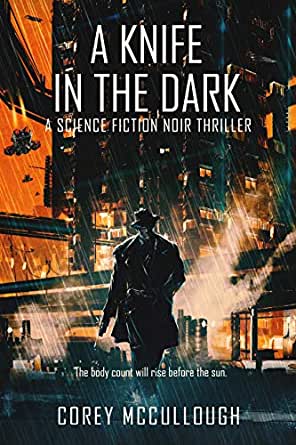
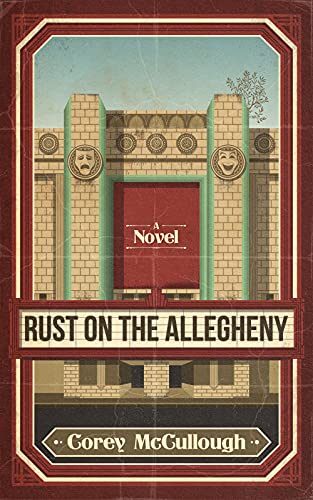
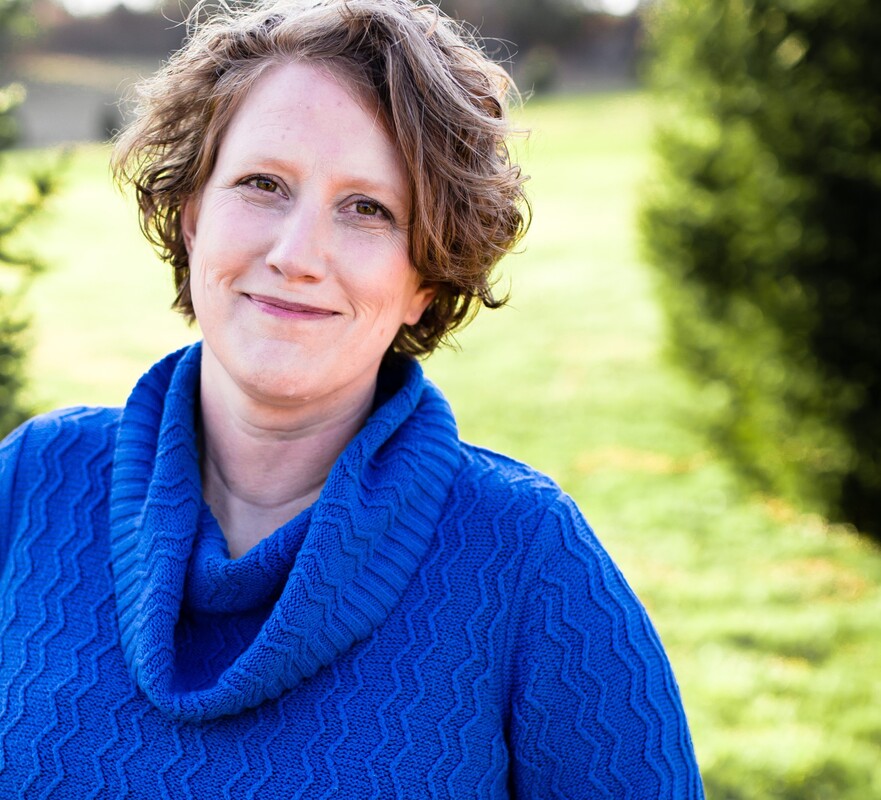
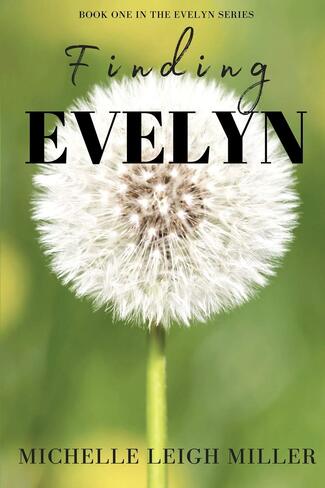
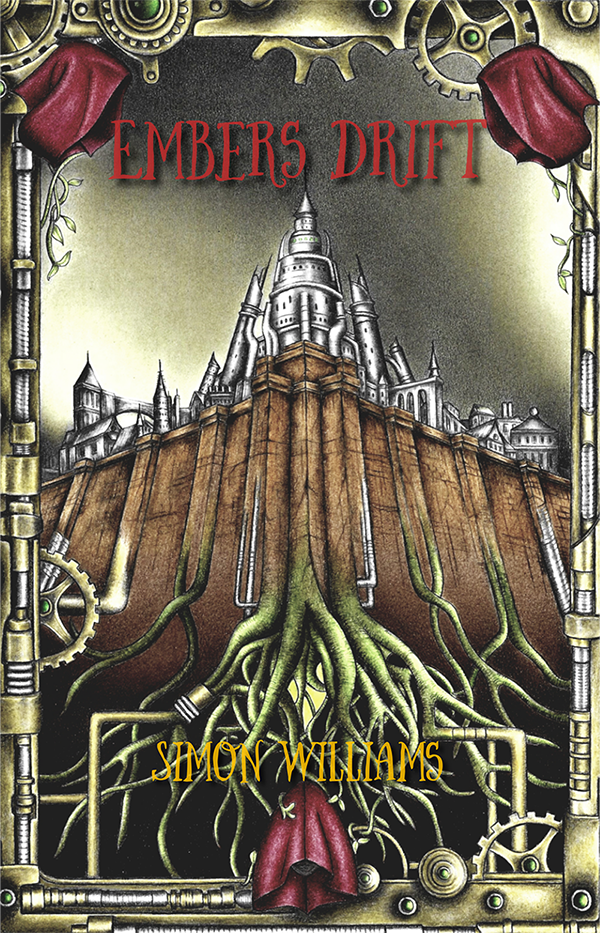
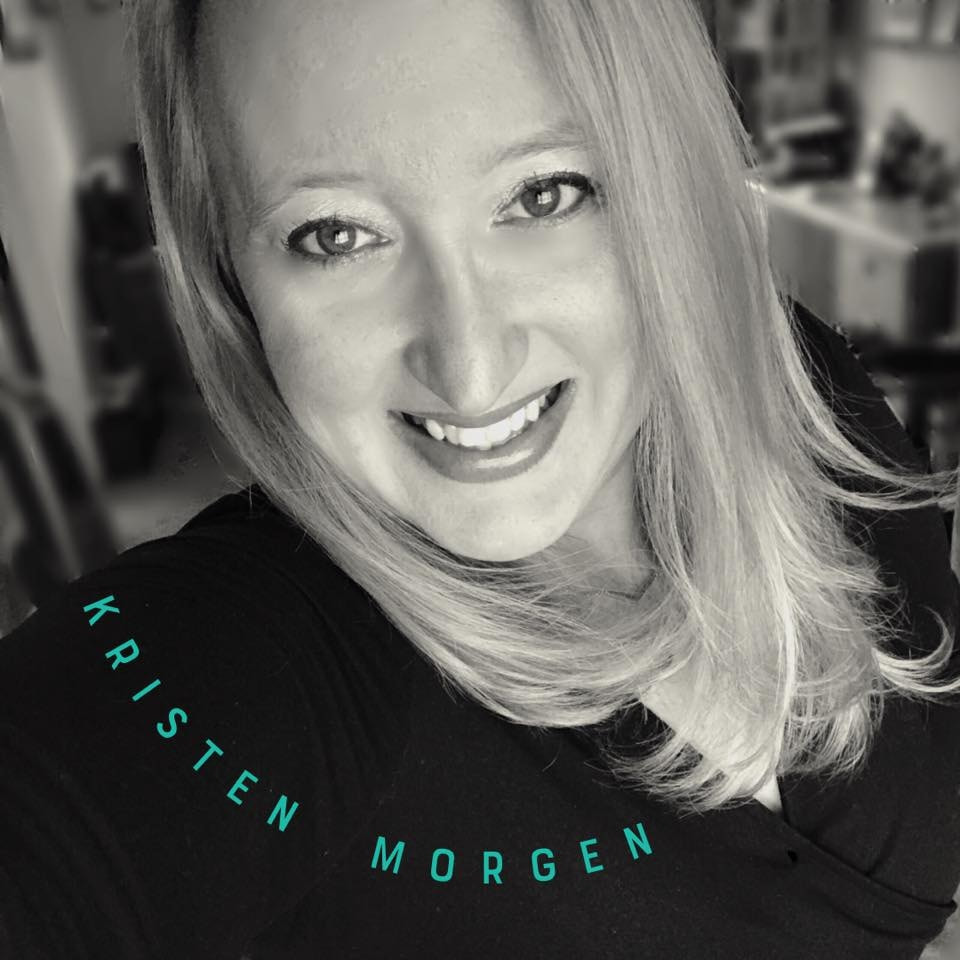
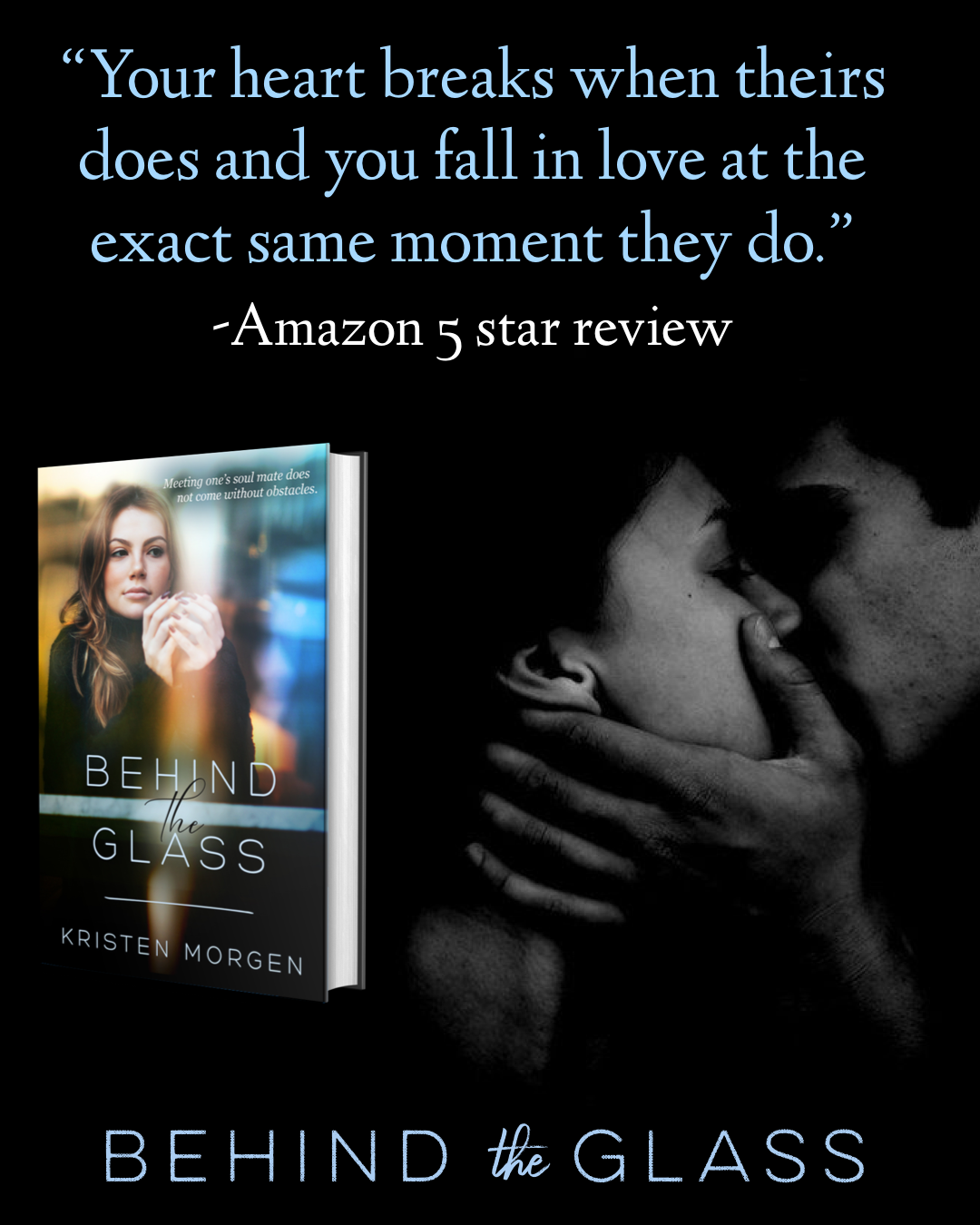
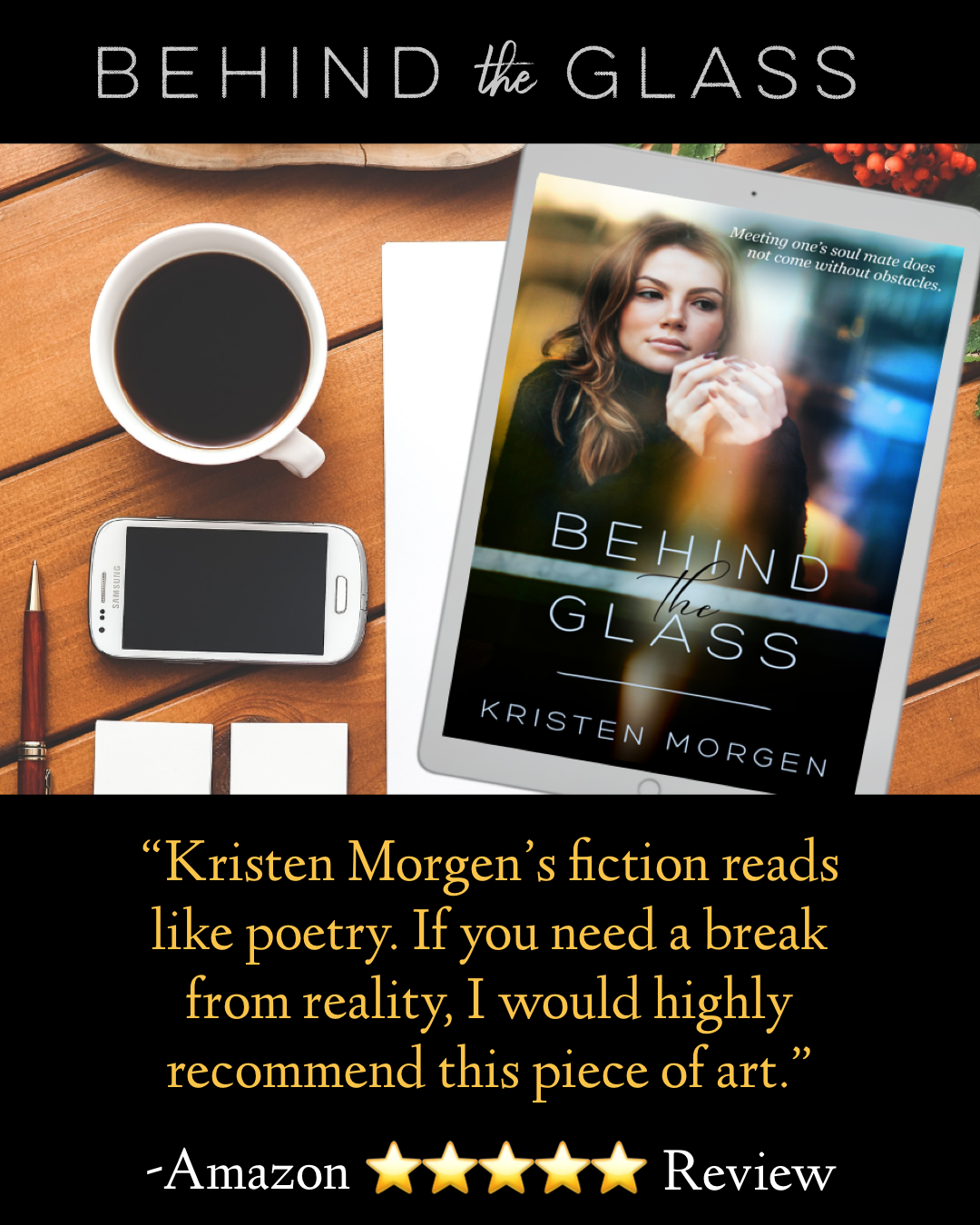
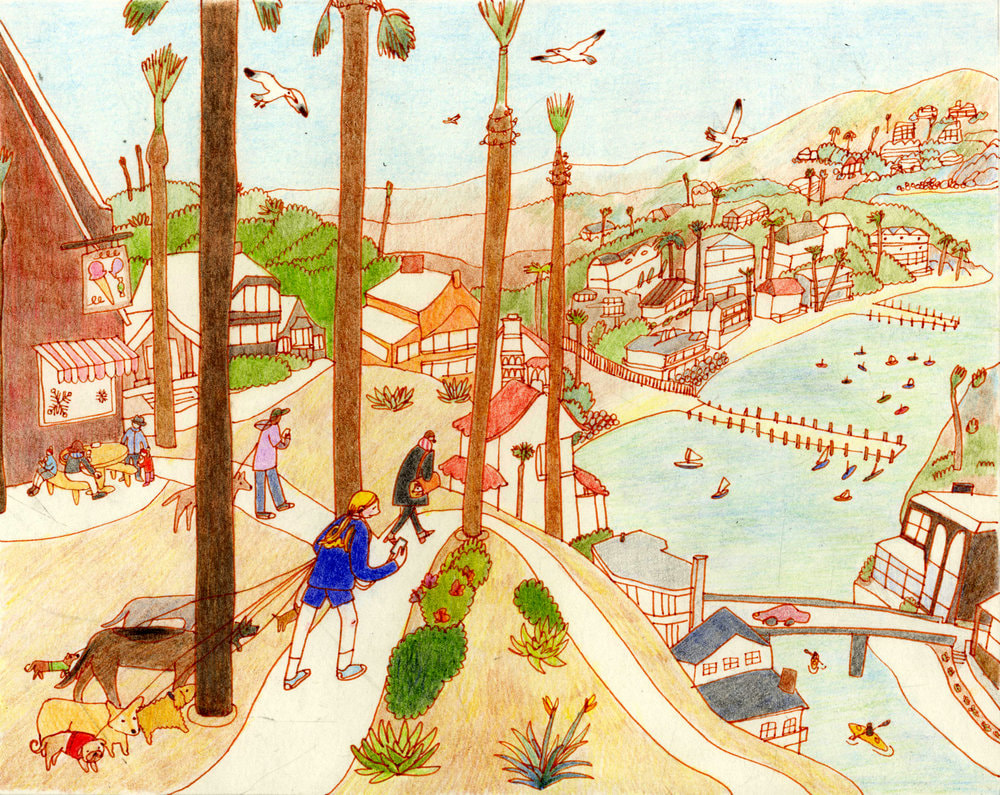
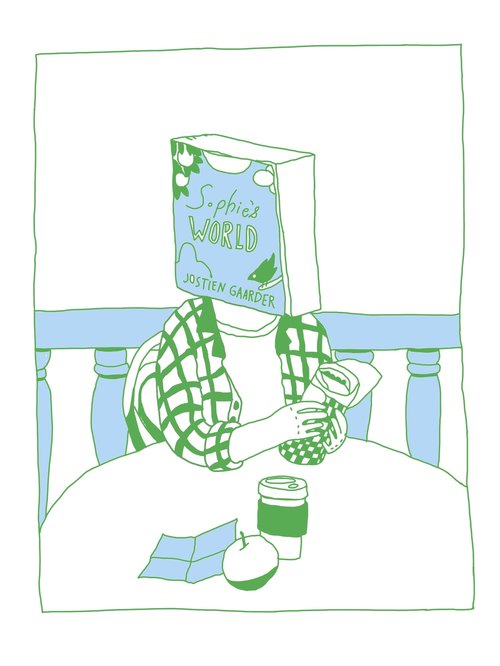
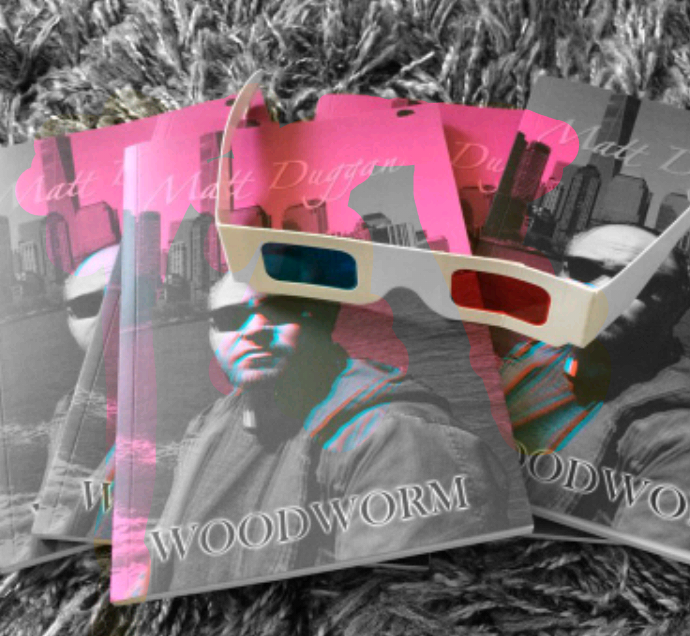
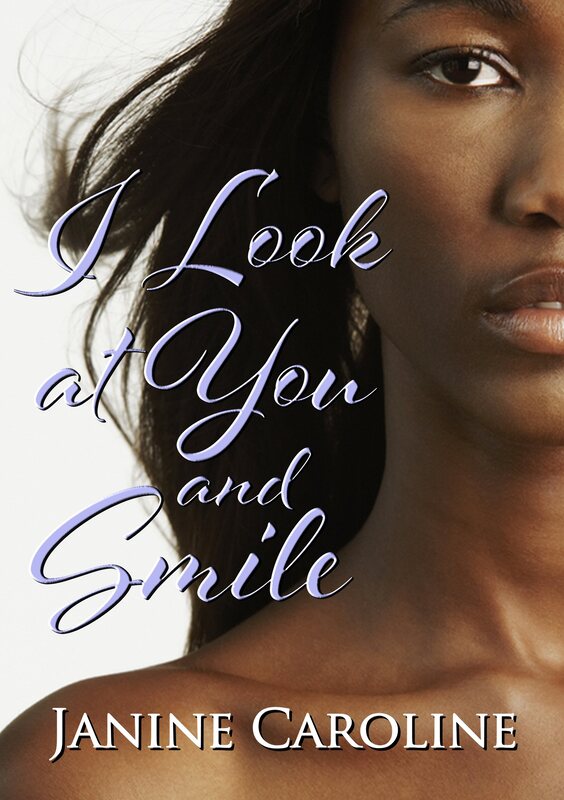
 RSS Feed
RSS Feed